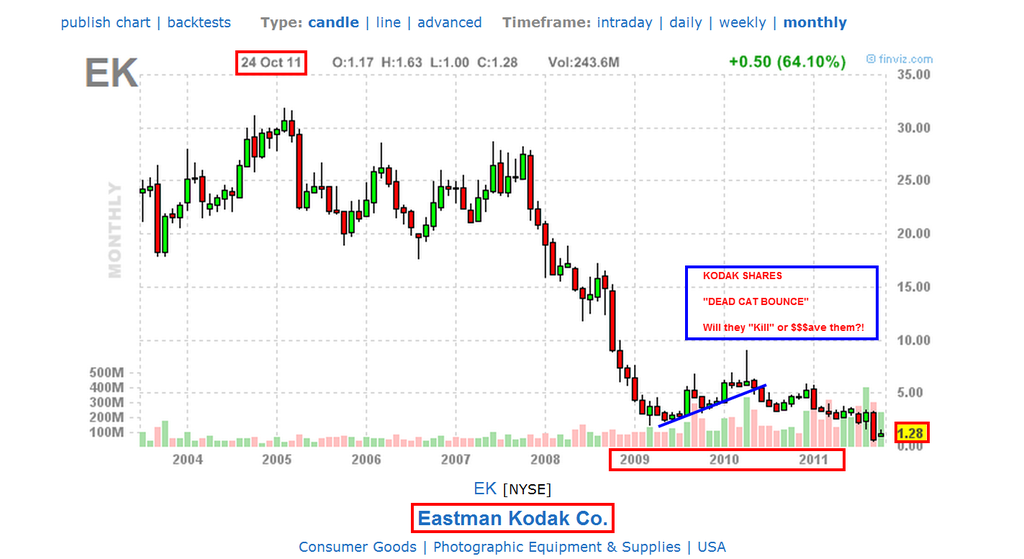It’s something that we hope we’ll never have to pay; child maintenance is the financial support that one parent provides for their child or children, in the event that they split up. It is usually a monthly arrangement and one that can get messy and uncomfortable, should the two parties fail to come to an amicable arrangement. Plus, it should be remembered that there are young people in the middle of the mess, already traumatised by their parents going their separate ways.
Here are some of the things to know when calculating child maintenance payments:
1) If both parties agree on the amount that will be paid, then there is no need to involve anyone such as lawyers or courts.
2) Should the two parties not agree, the Child Maintenance Service can help. It might even, in drastic circumstances, attempt to find one parent if they have disappeared.
3) There are a number of calculators online that can work out contributions from the paying parent, based on a number of factors. These include the number of children (living with the other parent and with you); benefits you may be receiving such as income support and pension credit through to Severe Disablement Allowance and Widow’s Pension; and perhaps most importantly your income.
The payment will also take into account how many nights the children will be spending with each parent, so stay-overs, weekend stops and holidays should be taken into account.
4) The calculator will give an amount to pay per month and year, and can also provide a platform for you to pay. If you pay directly there will be no fees, but if the fees are managed for you – through the Collect and Pay service – there will be an additional weekly fee. Fees, known as enforcement charges, can also be applied for non-payment.
5) There are five child maintenance rates based on income, ranging from parents who earn less than £7 per week to those who own up to £3,000 per week. If a parent is earning more than that in gross income, the other parent can apply for extra child maintenance.
6) There are three types of child maintenance schemes, although any arranged through the Child Support Agency (which is now closing down) will end in 2017, and revert to the latest Child Maintenance Service Model. If your arrangement was formed by the CSA, you’ll get a letter explaining the changes.
7) If you’re unhappy with the service, or believe there is a mistake in the amount that you are being asked to pay, then you can make a complaint (for perceived bad service) or ask for a recalculation, known as a dispute. Should you still disagree, you can take legal steps in the form of an appeal. This will go before the HM Courts and Tribunals Service, and is therefore an independent service. An appeal should be made within one month of the dated letter informing you of the decision. Should you still be unhappy with the service (eg poor computer service, late payments etc) you can write to the Independent Case Examiner.
8) Should you still be displeased, it is possible to complain to an ombudsman, to be made through an MP.
The system is by no means perfect, and often parents find loopholes such as this – where a multimillionaire found a way of paying just £7 a week for his son. In a perfect world, you’ll come up with a fluid, easy agreement and the payment will be set up and run quickly, with an amount that is fair to both parties and does not leave either struggling. Remember, the ultimate aim is to make sure the children involved are comfortable and receive a decent life thanks to both parents.

















 Bitcoin
Bitcoin  Ethereum
Ethereum  Tether
Tether  XRP
XRP  USDC
USDC  Solana
Solana  TRON
TRON  Cardano
Cardano  Lido Staked Ether
Lido Staked Ether  Toncoin
Toncoin  Avalanche
Avalanche